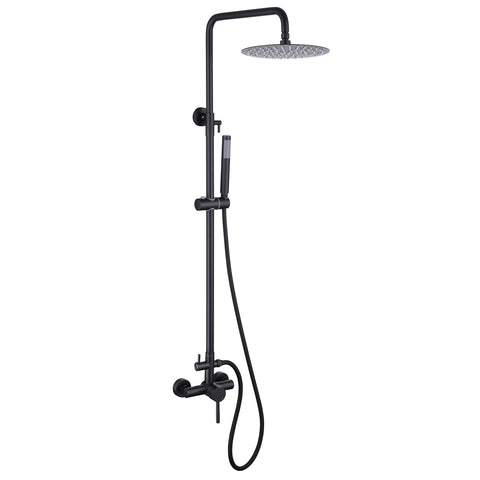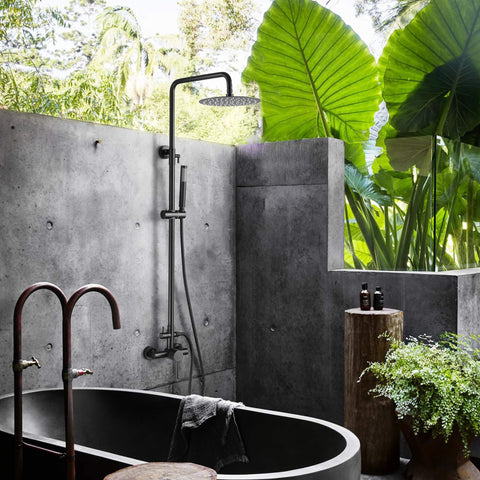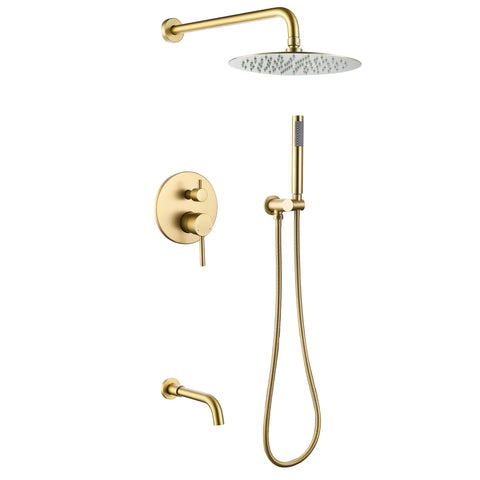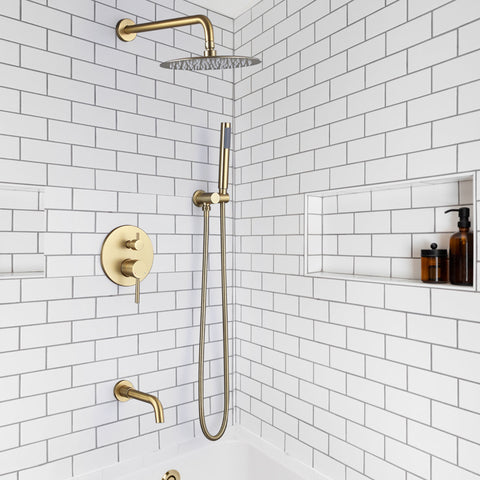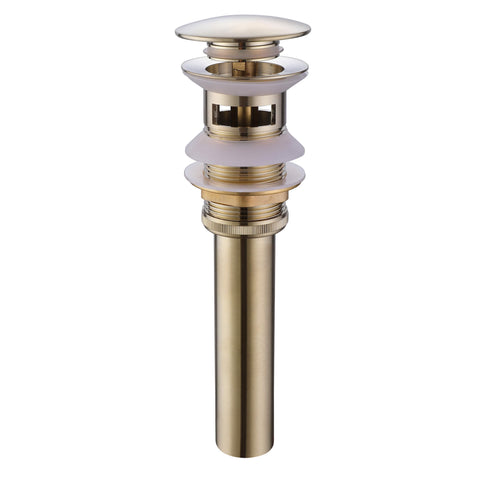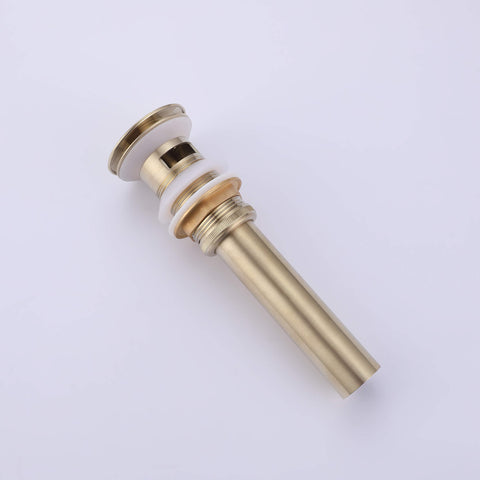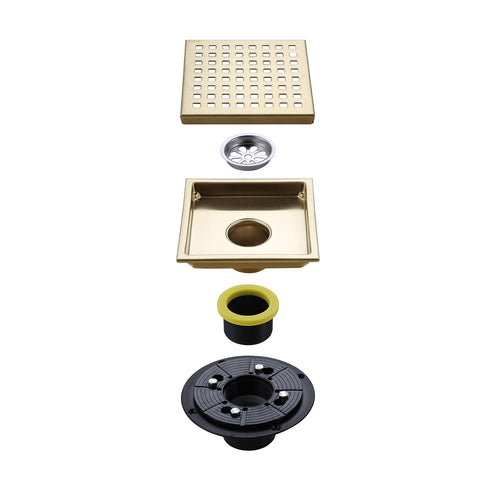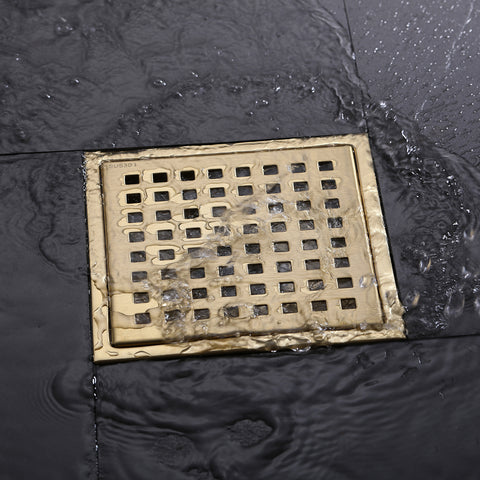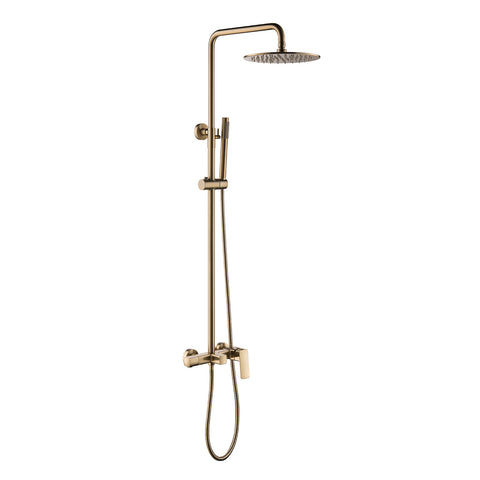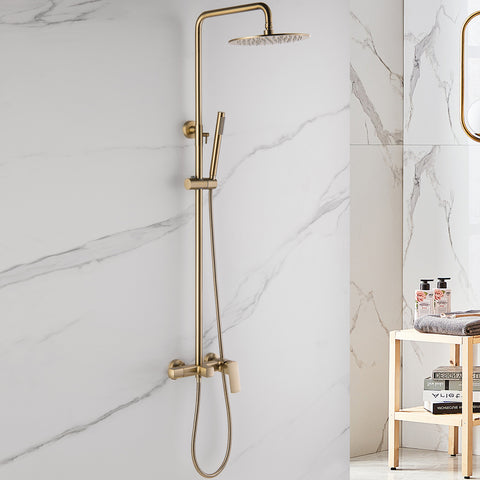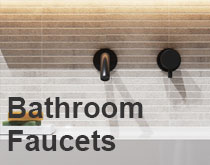How to Protect Your Beach House Outdoor Shower from Corrosion and Salt Spray
Living by the ocean comes with stunning views, fresh air, and the soothing sound of waves, but it also means constant exposure to moisture, salt spray, and humidity. For homeowners with outdoor showers, these harsh seaside conditions can quickly cause rust, corrosion, and material degradation if the right materials and maintenance practices are not used. Below, we’ll break down practical strategies to keep your outdoor shower in top shape for years, even in the most challenging coastal environments.

1. Choose Corrosion-Resistant Materials
The first and most important decision is material selection. Avoid standard steel or untreated metals, which can rust in weeks near the ocean. Instead, opt for:
- Marine-grade stainless steel (316): Contains molybdenum for superior resistance to pitting and corrosion from saltwater.
- Solid brass fixtures: Naturally resistant to corrosion with a durable chrome finish.
- PVC or HDPE components: Non-metallic parts immune to rust, perfect for poles or enclosure panels.
- Teak or Ipe wood: Excellent natural resistance to moisture and decay for shower floors or platforms.
2. Use Protective Coatings and Sealants
Even corrosion-resistant materials benefit from added protection:
- Anti-corrosion sprays: Apply clear sprays designed for marine environments; reapply every 6–12 months.
- UV-resistant coatings: Use polyurethane or marine varnish on wooden elements to prevent fading and mildew.
- Silicone sealant: Seal joints to block moisture penetration.
3. Optimize Design for Drainage and Airflow
Stagnant water accelerates corrosion. Incorporate these design choices:
- Slight floor slope: Ensure quick drainage away from metal and wood surfaces.
- Open platform: Use slatted or open-frame designs for better airflow and faster drying.
- Ventilated layout: Keep the shower open on at least one side to reduce humidity buildup.
4. Rinse and Maintain Regularly
Salt crystals left on surfaces attract moisture, speeding up corrosion. Maintenance includes:
- Freshwater rinse: Rinse metal and wood parts at least weekly.
- Dry after use: Wipe fixtures to remove residue and moisture.
- Routine inspection: Check for early signs of rust or finish deterioration.
5. Choose Fasteners and Accessories Carefully
Small parts often corrode first:
- Marine-grade fasteners: Use stainless steel or brass screws and fittings.
- Avoid mixed metals: Prevent galvanic corrosion by not combining dissimilar metals.
6. Consider Location and Exposure
Position your outdoor shower in a semi-sheltered area when possible to minimize direct exposure to salt-laden wind. Partial protection extends material lifespan significantly.
Why It Matters
A corroded or damaged outdoor shower not only looks unsightly but can become a safety hazard with sharp rusted edges, leaky pipes, or unstable mounts. Proactive planning and maintenance protect your investment and keep your shower comfortable and reliable.
Conclusion
By selecting corrosion-resistant materials, applying protective coatings, designing for drainage, and maintaining your shower consistently, you can enjoy your beach house outdoor shower for years without worrying about the effects of salt spray and coastal humidity.
